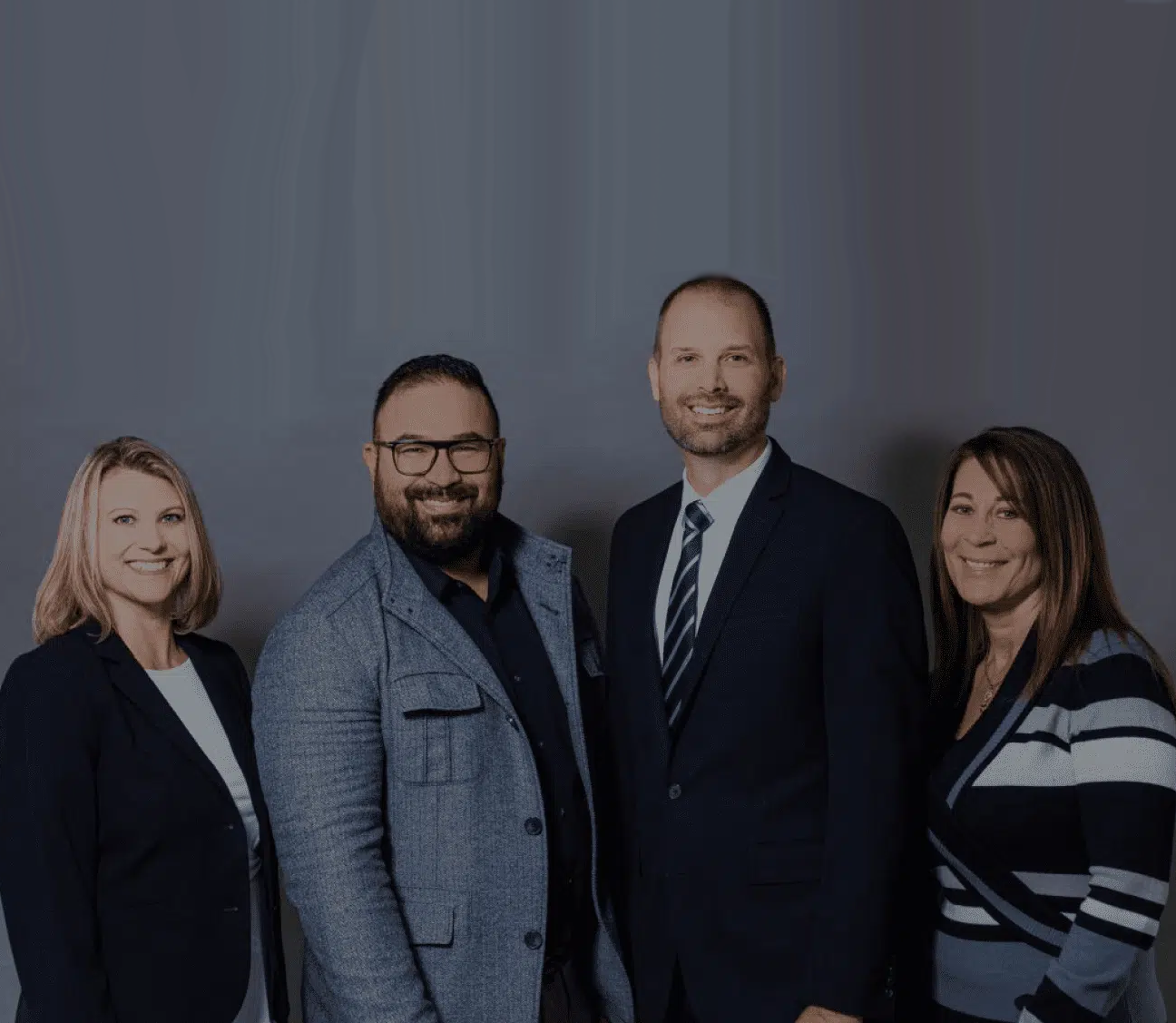The damaging aspect of a slip and fall injury isn’t the fall itself, but the landing. A slip and fall can cause serious injuries including bone fractures, soft tissue damage, internal organ injury, traumatic brain injury, or even spinal cord damage. The height and location of the fall typically determine the extent of the damage.
A slip and fall has the potential to cause a bone fracture or other injury that can lead to long-term complications including nerve damage, chronic pain, and limited mobility or range of motion. Such an injury will not only lead to a significant initial expense for medical treatment but also likely require long-term rehabilitative care.
Most slip and fall cases fall under the purview of premises liability law, and your lawyer for slip and fall claims can help you assess whether another party bears liability for your accident. Even if you believe your slip and fall accident was your own fault, the state of Washington follows a comparative negligence law, meaning a plaintiff can still receive compensation for an accident that he or she partially caused. Talk to the best slip and fall attorney to know more about your rights.
Slip and Fall Lawsuit
In the case of a slip and fall, the owner of the property may be liable for the injuries you sustain if their property was not properly maintained. The Washington Premises Liability Code provides the rules on whether the property owner is liable for your accident.
Falling Into Wet Areas
Bathrooms and similar areas may be liable for injuries you sustain if they’ve been dewormed or otherwise have been given a thorough cleaning. When the floor is wet, the landings that you use to move about may become lodged in the wet area and cause a trip. When the landings do become stuck, you have the burden of ensuring that you won’t fall. If they do become lodged, you have the burden of proving that you won’t fall.
You may be found liable for injuries that result from falling on something you use to stay on the floor. This includes a piece of carpeting or a table. If the piece of carpeting or the table has been maintained in a way that it’s safe and properly elevated to be able to be stepped upon, then there may be no liability on the owner of the property for your accident. If the piece of carpeting or the table has not been maintained in a way that it is safe, then the owner may be liable for your injury. If you attempt to stay on a piece of carpet that is not properly maintained, and you fall, you may be liable for injuries that result from falling onto an unattended piece of furniture.
You may be found liable for injuries that result from slipping or tripping when the floor is covered with loose surfaces. These may be loose tiles or loose carpeting, or tile that has been removed or has been covered in carpet, etc. When the room or building is not well ventilated, the property owner may be liable for injuries you sustain from your own inability to stay dry. This includes no rain barrels or dew pointers, no dehumidifiers, or other appliances that are meant to make the room or building more comfortable to stay in.
When the room or building is not well ventilated, the owner of the property may be liable for injuries that result from the wearer failing to keep themselves dry.
For example, if you are a resident of a hotel that is not well ventilated, the property owner may be liable for injuries you suffer from not being able to stay dry.
Fall with Causation
When you are injured due to an event that was caused by an event that preceded your injury, the property owner may be liable for injuries that result from the injuries. When you are injured by an object that is defective, the property owner may be liable for injuries that result from the injuries.
- If the defective object is only a part of the defect that causes the injury, and you try to attribute fault to the whole object, you may not be liable.
- If the defective object is inherently dangerous without the defect, then the property owner is liable for injuries that result from the object.
- If the defective object causes the injury, you may be able to recover damages from the property owner if you can prove that the hazardous object is part of the cause of the injury.
If you have a query about your personal injury case that took place within Lynnwood Washington, please reach out to Justin Elsner, a lawyer for slip and fall claims by calling the number at 206-447-1425.




